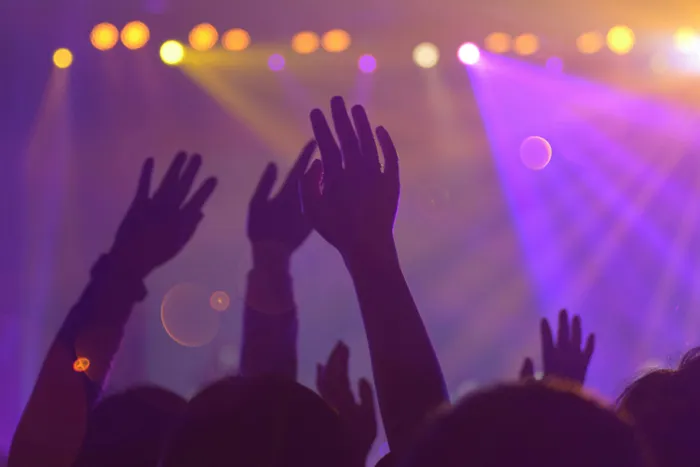
Music acts as a bridge, enabling a sense of unity among diverse groups.
Image: Pexels/Mark Angelo Sampan
Music is a powerful force that transcends boundaries, connecting people across cultures and sparking social change.
Throughout history, songs have served as vocal instruments of protest, mediums of expression, and catalysts for societal progress, illuminating the complexities of human experience.
From the liberation anthems of the 1960s to contemporary movements advocating for justice, the impact of music on society is profound and inescapable.
Protest through melody
One of the most notable ways music influences society is its role in activism.
Throughout history, artists have used their craft to voice dissatisfaction with governmental policies and social injustices.
Songs such as Bob Dylan’s “The Times They Are a-Changin’” served not only as anthems for the civil rights movement but also ignited conversations about change in a generation.
In South Africa, the sounds of struggle resonated with artists such as Hugh Masekela and Miriam Makeba, whose music provided a voice to the anti-apartheid movement, inspiring millions to unite against oppression.
Bridging gaps and fostering understanding
Moreover, music acts as a bridge, enabling a sense of unity among diverse groups.
Festivals and concerts have become platforms for inclusivity, where individuals from different backgrounds come together, often leading to conversations that give birth to understanding and empathy.
Collaborative projects, such as Global Citizen’s concerts, exemplify how music unites fans for a common cause, urging them to contribute to social change.

Music acts as a bridge, enabling a sense of unity among diverse groups.
Image: Pexels/Mark Angelo Sampan
The evolution of musical genres
As society evolves, so do musical styles and genres, reflecting cultural shifts and the contemporary issues facing communities.
The rise of hip hop in the late 20th century, for instance, provided a voice to marginalised communities, giving rise to a genre fuelled by storytelling, chronicling the experiences of youth growing up in urban settings.
The genre's inherent ability to address systemic racism, police violence, and economic disparity has made it a powerful vehicle for social criticism and communal identity.
Technology and music's reach
In the digital age, technology has further amplified music's role in societal change.
With platforms like TikTok, Instagram, YouTube, Spotify, artists reach global audiences instantaneously, increasing their ability to influence widely.
Viral hits not only entertain but also inform and incite movements, as seen with latest tracks, such as Doechii’s "Anxiety", which raises global awareness about anxiety and mental health, sparking critical discussions and calls for action.
The future of music in activism
Looking forward, the intersection of technology and music promises to redefine the landscape of activism.
Virtual concerts, digital fundraisers, and streaming platforms are set to become powerful tools for activism, offering innovative strategies to amplify voices that demand change.
As we navigate future challenges, the melody of conflict will likely continue to echo through the annals of our societal journey, proving time and again that music is not merely art - it is a heartbeat driving the quest for justice.
Related Topics:
